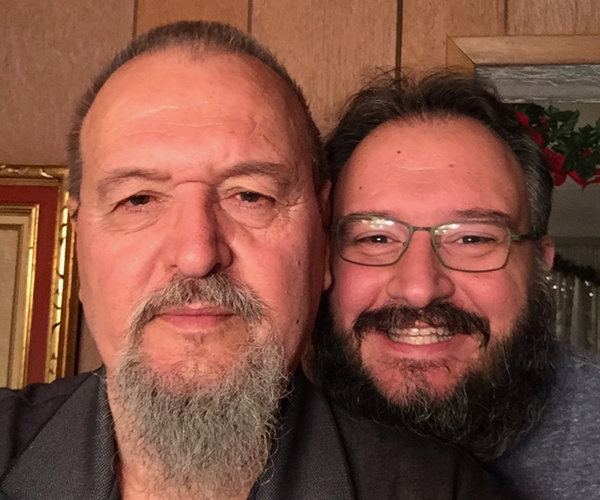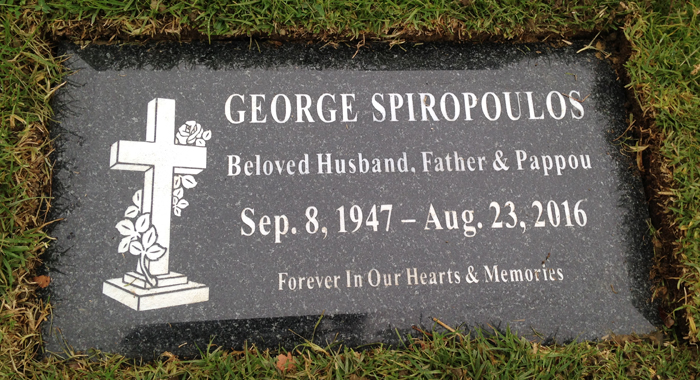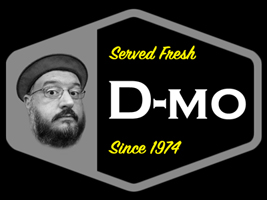


| 
|
 |
People experience grief in a multitude of ways. Some cry, spontaneously. Others run from it, trying to ignore it. Still others will mask the pain by turning to humor, to distract from the reality of life and death. There is no right way to grieve. There is no wrong way, either. That brings us to now. August 23rd. One year after my father has passed away.  I laid out my experience about my father's death on my podcast earlier this year. I said my peace, felt a little better about myself, and since then, have done my best to push it from my mind. I have tried, and continue to try, not to think about the fact that my father is no longer around. Why? Apparently, grief makes me angry. At everyone. At everything. It's not pretty. And despite what my counselor said, I don't find this bereaved fury very productive. Compounding the issue is a warped perception I have that my personal response to my father's death (that response being nuclear rage) is somehow unbecoming of me, as if I should be above such petty exasperation and resentment at how life has unfolded (learning to let go of that has been hard). Maybe it was the way it happened; how it was both sudden, but not. Maybe it's the impact it has had on my mother. Maybe it's that it rang as a harsh wake-up call to the frailty of life and stirred disappointment in some of my own life choices I've made up to this point. It's probably all three... and I bet more than that, too. I have no desire to rehash all the doubt and second guessing and what-ifs that occurred around that time. In fact, I have no idea why I'm really writing any of this. Am I doing this as a quasi-tribute to my father? Is there something else I need to get off my chest? Am I trying to assuage some sense of the guilt I could be feeling that I wasn't sad, then or now, but just angry? I think what I need to say is that, despite being an eloquent and verbose master of the English language, I have yet been able to truly articulate or express my sorrow. I sorta came close on the podcast, but I treated it very clinically so it didn't quite hit the mark. And I think that's the true pitfall of grief. We all experience it so differently, so uniquely. Death of a loved one is something we will all experience, but the variables of the individuals involved (both those who pass, and those who remain), makes it nearly impossible to truly know the deepest feelings and emotions of those who survive. We might have an idea of what someone else is experiencing, but no one can truly feel what I am really feeling. You may have an understanding, especially if you also recently lost someone, but you're not me. Your lost one was not my father. And they probably didn't pass the way mine did. Your reaction was probably not unbridled rage. You probably didn't cope the way I did. Yet, I'm not special, and I should not try to sound like no one has never felt the way I do. My grief is my own, as your grief is yours. It's just hard to truly convey my honest feelings (especially without exploding). There really isn't anything that can be said to make it better. And maybe, that's the point. Death and grief are an experience. The hows and whys really don't matter. It just... is. You go through it and then it's part of you. It happened. No amount of sadness, anger, therapy, or condolences can change the fact that it happened. In the Book of You, there's a chapter about it now. I hope one day, there will come a point when the thought of my father's death will not fill me with pure anger. I also hope there will come a time when I try not to avoid thinking about it. When dealing with the death of a loved one, I guess we just have to understand that no matter what happens today, the sun will set, and then will rise again tomorrow as life goes on. Even if tomorrow has a little less sunshine in it.  |
  |